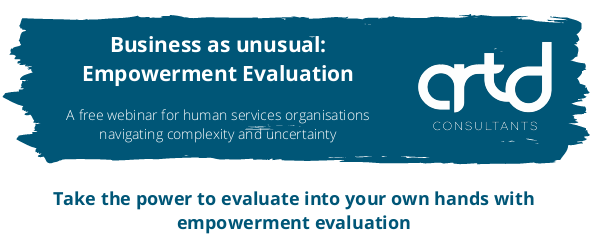
Queensland Housing Legislation Amendment Act amongst Australia’s best new legislation of 2022: underpinned by evidence collected by ARTD
Consultation that counts
Each year, the Evidence Based Policy Research Project ranks state and federal legislation against the Wiltshire Criteria for evidence based and consultative public policy. In this year’s review, the Queensland Housing Legislation Amendment Act scored 10 (out of a possible 10), making it one of the year’s best examples of a good policy-making process.
We are proud to have played a role, alongside the Queensland Department of Housing and Public Works, Queensland Parliament’s Community Support and Services Committee, and The University of Queensland’s Institute of Social Science Research (ISSR) in developing the evidence base that underpins the legislation.
In 2018, the Queensland community were asked to share their ideas about how to improve renting through the Open Doors for Renting Reform Consultation. ARTD worked with the Queensland Department of Housing and Public Works to analyse all the information they had collected during the public consultation. The consultation, which gathered over 135,000 responses over a nine weeks, asked Queenslanders to respond to polls about specific pieces of possible legislation, as well as to open questions about how renting should function to best serve renters in Queensland. The report was made available to the public here.
The following year, in 2019, the University of Queensland Institute of Social Science Research and ARTD Consultants were engaged by Queensland’s Department of Housing and Public Works (DHPW) to evaluate their ten-year Queensland Housing Strategy. We developed a monitoring and evaluation framework for the Strategy and used it to assess the progress against the Strategy’s first Action Plan. Our final report was submitted to the Department in early 2021 and was considered when developing the second action plan (2021–2025).
To us, this is an example of our vision for a more thoughtful world, in which citizens and decision makers use evaluative tools to design and refine action for the public good.




